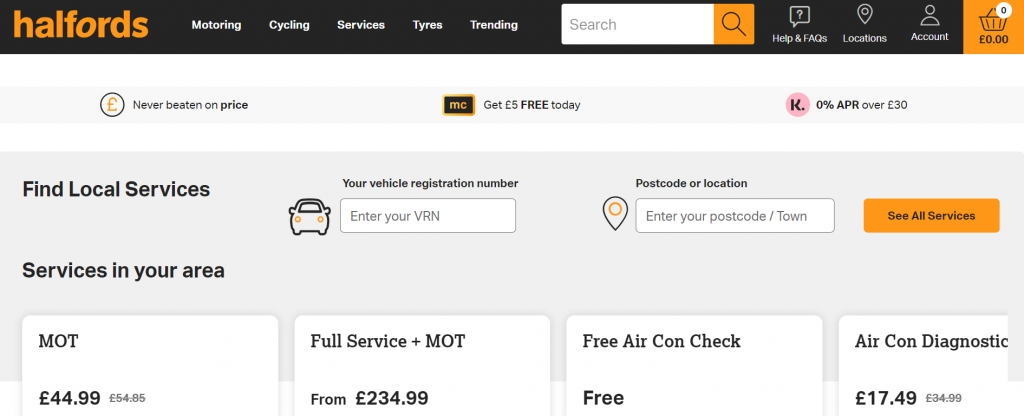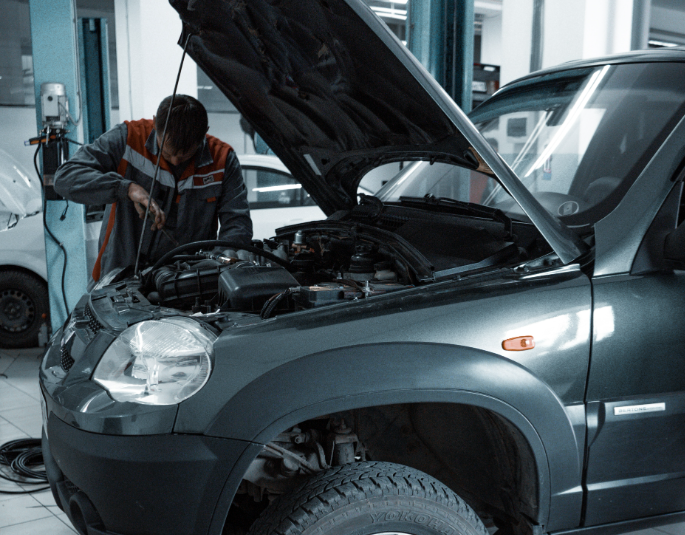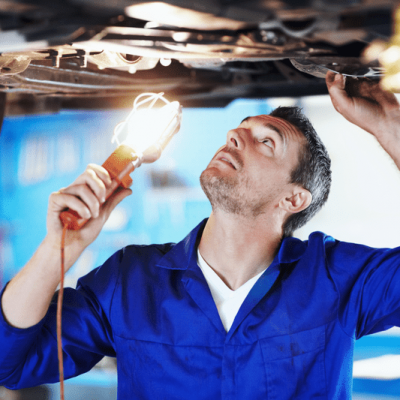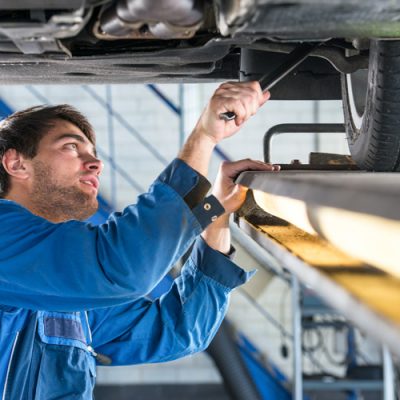
Welcome to our blog about routine tune-ups at car repair shops! As a responsible car owner, you know that regular maintenance is essential to keep your vehicle running smoothly. But do you really know what happens during a routine tune-up? In this article, we will guide you through all the important aspects of this procedure and explain why it’s so crucial for keeping your car in top condition. So buckle up and let’s get started!
Why Routine Maintenance is Important
Maintaining your car is just like taking care of your health – prevention is always better than cure. Regular maintenance helps to prevent major problems from occurring and prolongs the lifespan of your car, saving you money in the long run.
During a routine tune-up, a trained mechanic inspects various parts of the vehicle, including spark plugs, filters, belts, hoses and fluids. They may also perform diagnostic tests to identify any underlying issues that could lead to serious problems if left unchecked.
All cars have recommended service intervals for different components and systems. Following these schedules ensures that your car runs as smoothly as possible and avoids unnecessary wear and tear on critical parts.
Neglecting regular maintenance can lead to significant safety hazards such as brake failure or steering malfunctions. Besides putting yourself at risk while driving an unsafe vehicle, it can also be costly if it results in damage to other expensive components.
Keeping up with routine maintenance not only saves you money but also keeps you safe on the road. So make sure you follow manufacturer-recommended service schedules for optimal performance!
What Happens During a Tune-Up?
During a routine tune-up, the mechanic will perform a series of tests and inspections to ensure that your car is running smoothly. Some of the things that may be checked during a tune-up include spark plugs, ignition timing, fuel system, emission levels and belts.
The mechanic will start by hooking up your car’s diagnostic equipment to check for any error codes or issues with the electronic systems in your vehicle. They’ll also inspect all major components like brakes, suspension, tires and steering systems to make sure they are working correctly.
Next up is checking and replacing worn-out parts such as air filters or oil filters if needed. The spark plugs might need replacing too if they aren’t functioning properly.
The mechanic may also clean out carbon build-ups from inside the engine and adjust idle speed settings so that everything works together in harmony.
Tuning up your vehicle regularly can help keep it running reliably for years to come while improving gas mileage efficiency over time.
How Often Should You Get a Tune-Up?

One of the most commonly asked questions about tune-ups is “How often should I get one?” The answer to this question varies depending on several factors.
It’s important to note that modern cars are built differently than older models. Cars manufactured in the last 10-15 years require less frequent tune-ups compared to their predecessors due to advancements in technology and materials used.
Your driving habits play a significant role in determining how often you need a tune-up. If you frequently drive long distances or carry heavy loads, your car will undergo more wear and tear compared to someone who only drives short distances on smooth roads.
It’s always best to refer to your car manufacturer’s recommendation for routine maintenance. This information can usually be found in your owner’s manual or by contacting a dealership service department.
In general, most experts recommend getting a tune-up every 30,000-50,000 miles or once every two years. However, if you notice any unusual noises or issues with your car such as poor gas mileage or difficulty starting the engine before reaching this milestone – don’t hesitate to take it into the shop sooner rather than later!
What Are the Benefits of a Tune-Up?
Getting a routine tune-up for your car may seem like an unnecessary expense, especially if you think your vehicle is running fine. However, there are several benefits to getting a tune-up at the recommended intervals.
A tune-up can improve the overall performance of your car. This includes better acceleration, smoother shifting gears and improved fuel efficiency. It can also help prevent future issues from arising by catching small problems before they become major repairs.
Regular maintenance can extend the lifespan of your vehicle and save you money in the long run. Neglecting basic maintenance tasks like oil changes and air filter replacements can cause wear and tear on important parts that could lead to costly repairs down the line.
A well-maintained car is safer for both you and others on the road. A properly tuned engine ensures that all components are working together efficiently which means braking times will be shorter and handling will be more responsive in emergency situations.
While it may seem like an extra cost initially, investing in routine tune-ups for your car offers numerous benefits including improved performance and safety as well as saving money on potential costly repairs later down the line.
Our Recommendation: Halfords Website

Regular car maintenance is an essential aspect of owning a vehicle. Getting a routine tune-up ensures that your car runs efficiently, increases its lifespan and keeps you safe on the road. A typical tune-up involves replacing spark plugs, filters, checking fluids, and other key components.
By now, you have learned what to expect during a routine tune-up at a car repair shop. We hope this blog post has equipped you with valuable insights that will help you maintain your vehicle better.
At Halfords website, we offer various services ranging from Car Servicing to MOTs and Repairs. Our team of expert technicians can handle all aspects of your vehicle’s maintenance needs using state-of-the-art equipment and top-quality parts.
Visit our website today for more information on how we can keep your car running smoothly!






